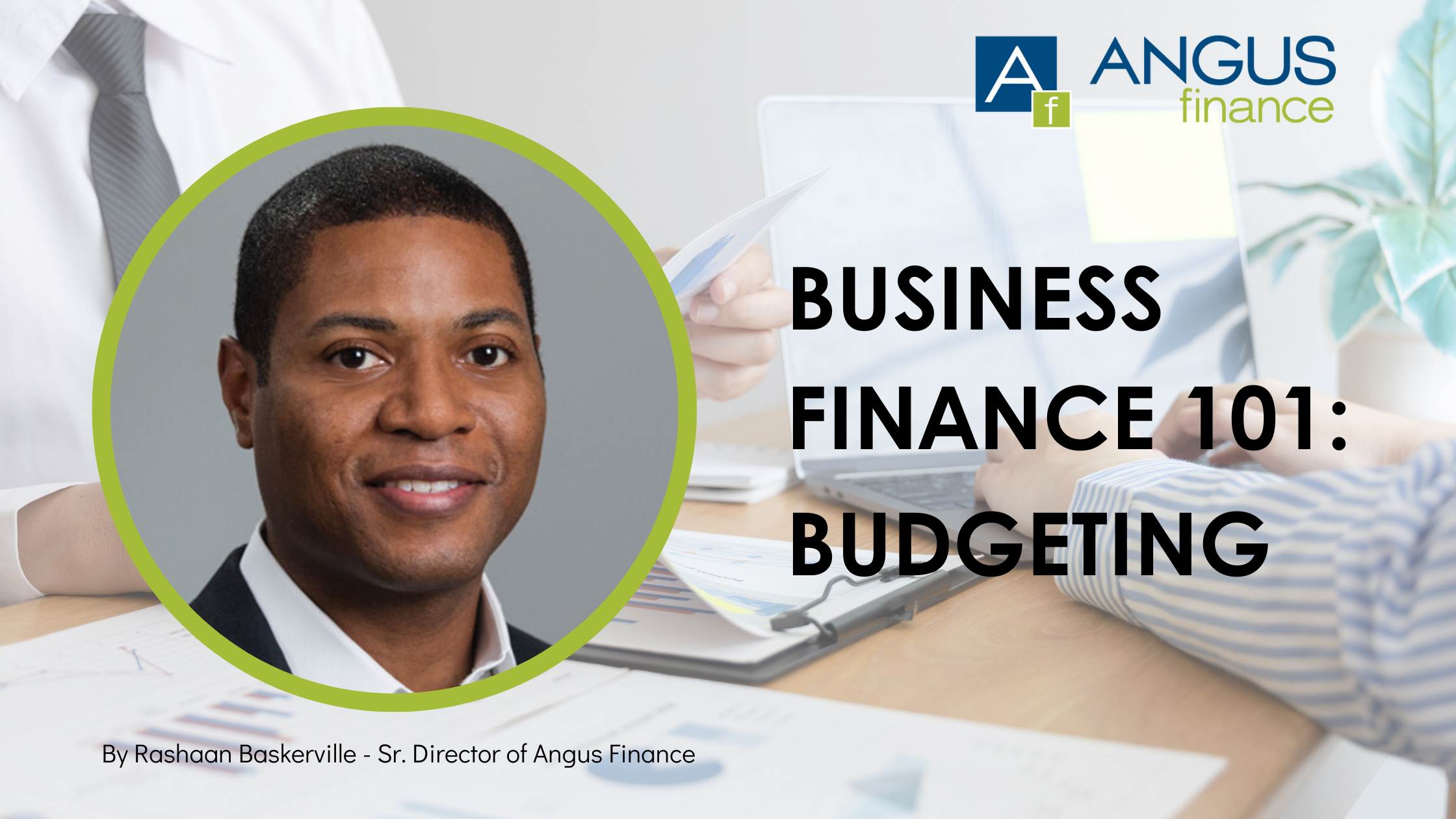A budget is a financial plan based upon your business goals, which forecasts profit and loss within each area of your company to define your net income for the year. Developing a sound budget is all about quantifying your business model for the next 12 months. What are the elements that drive your business and how do you expect them to unfold in the short term? Whatever opportunities and risks your company faces, planning will enable you to manage them proactively rather than merely reacting in the heat of the moment, and thereby will enable you to make better decisions.
Better decisions tend to lead to better financial results over the long term. And, while not all companies that have a budget are the most successful, the most successful companies always have a budget. Budgeting is one of the most fundamental financial best practices and it is critical to companies in all industries. The seasonality of the fuel distribution business makes budgeting even more important because there is a limited window to earn the majority of the profits that must sustain your business throughout the year.
Developing and following a budget forces you to understand your numbers and what pricing levels are required to remain profitable. As a result, it becomes more likely that your company will base its pricing on its true cost structure rather than reacting to the competition. With a budget in place, you see the direct link between reducing margins and your ability to meet payroll, keep up with obligations to vendors and lenders, and grow the business. You become much less likely to make short-term decisions that will hurt long-term results.
It is important to keep in mind that, although your budget will contain detailed forecasts for all areas of your business, they are estimates and should not be considered an exact blueprint for reaching your targets. Much like your vehicle’s GPS may offer alternate routes to reach your destination, your budget is a framework that highlights the various scenarios that can lead to your financial goals, based upon your company’s specific traits. And while there will always be market forces and other external factors that will cause variances to your budget, as long as you are tracking performance against your budget on a regular basis, you have the ability to make course corrections throughout the year to meet the plan.
Now that you understand the basic concepts of a budget and the benefits it provides, you can begin to explore your resources and figure out a plan of action for developing and implementing a budget. Don’t be afraid to seek out assistance; creating and implementing a budget is a large task. Instructional resources are available online through a myriad of sources. Additionally, a Financial Advisor can help you plot a course for success, reducing stress and taking some of the most difficult and time-consuming work off of your plate.
The team at Angus Finance helps many other dealers like you with Fractional CFO Services such as budgeting, performance tracking, acquisition assistance, banking relations, and more.

